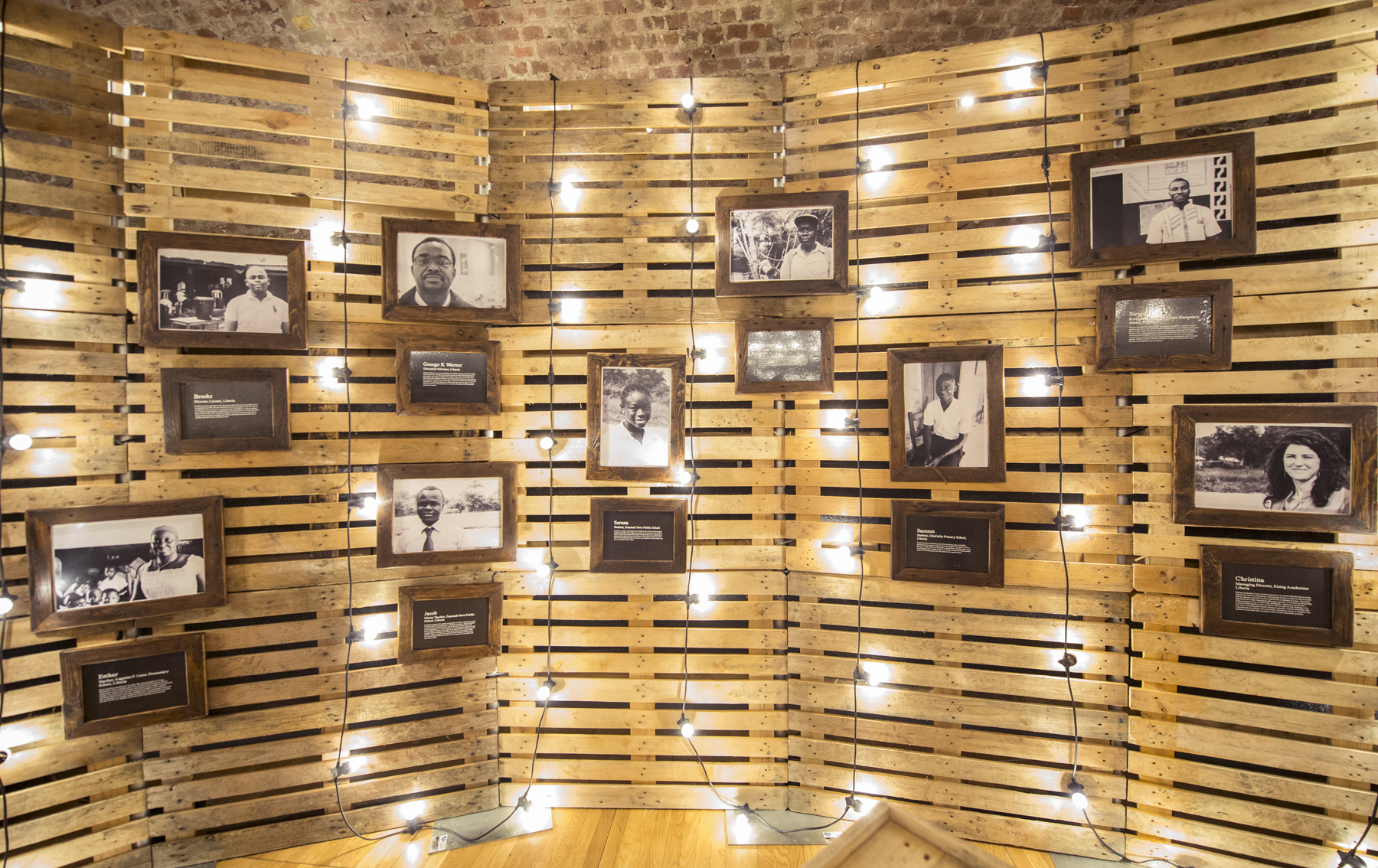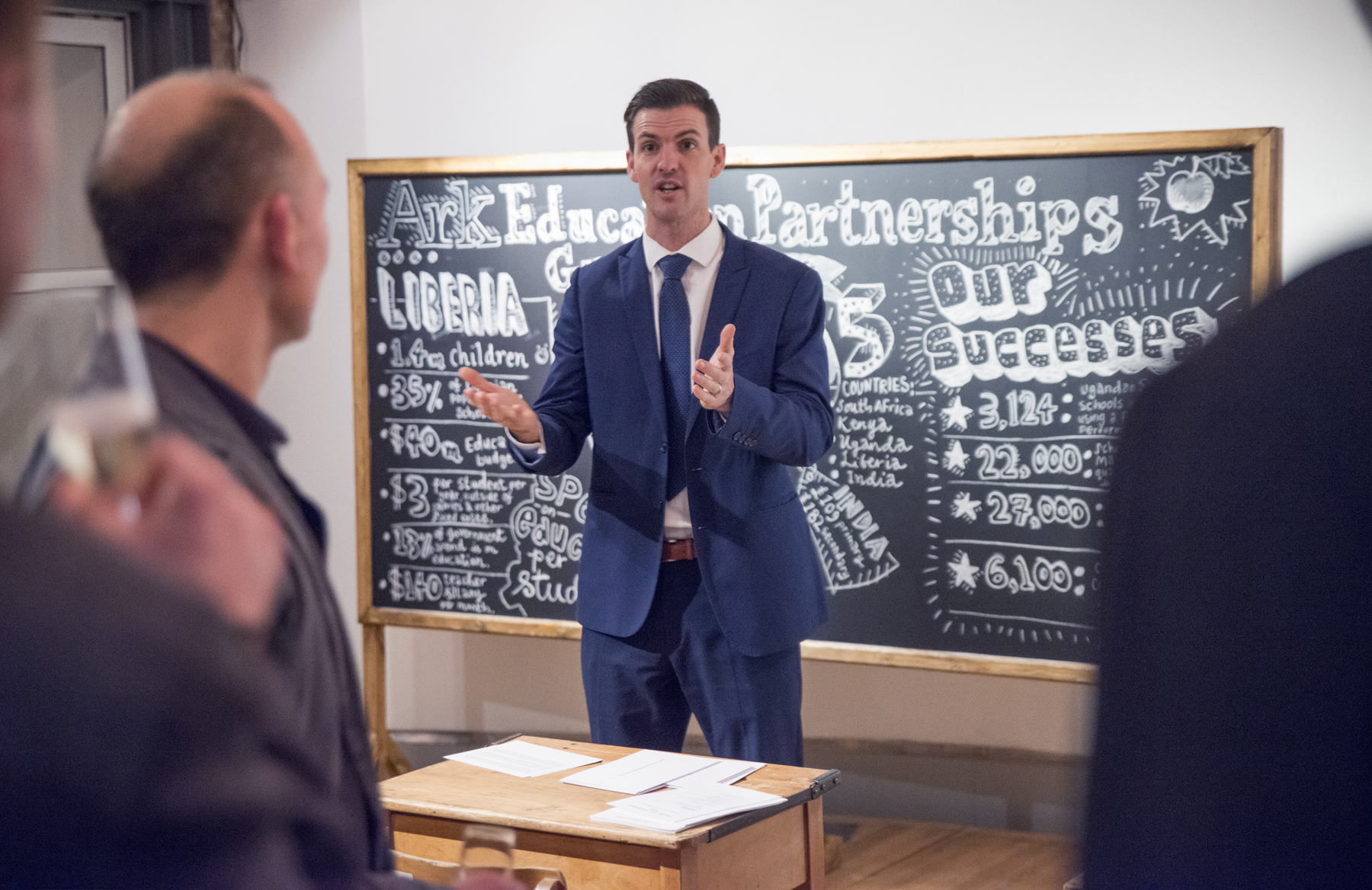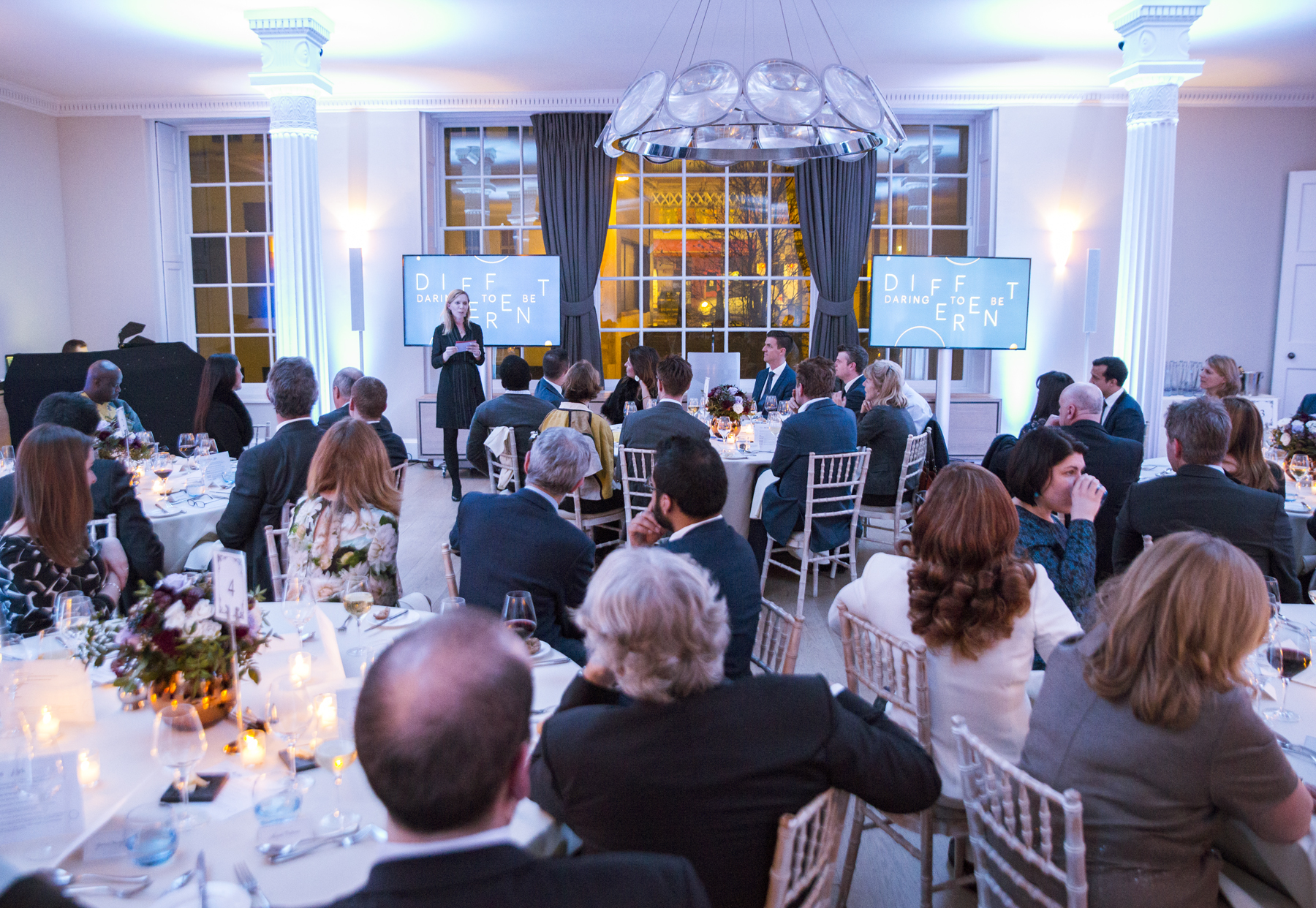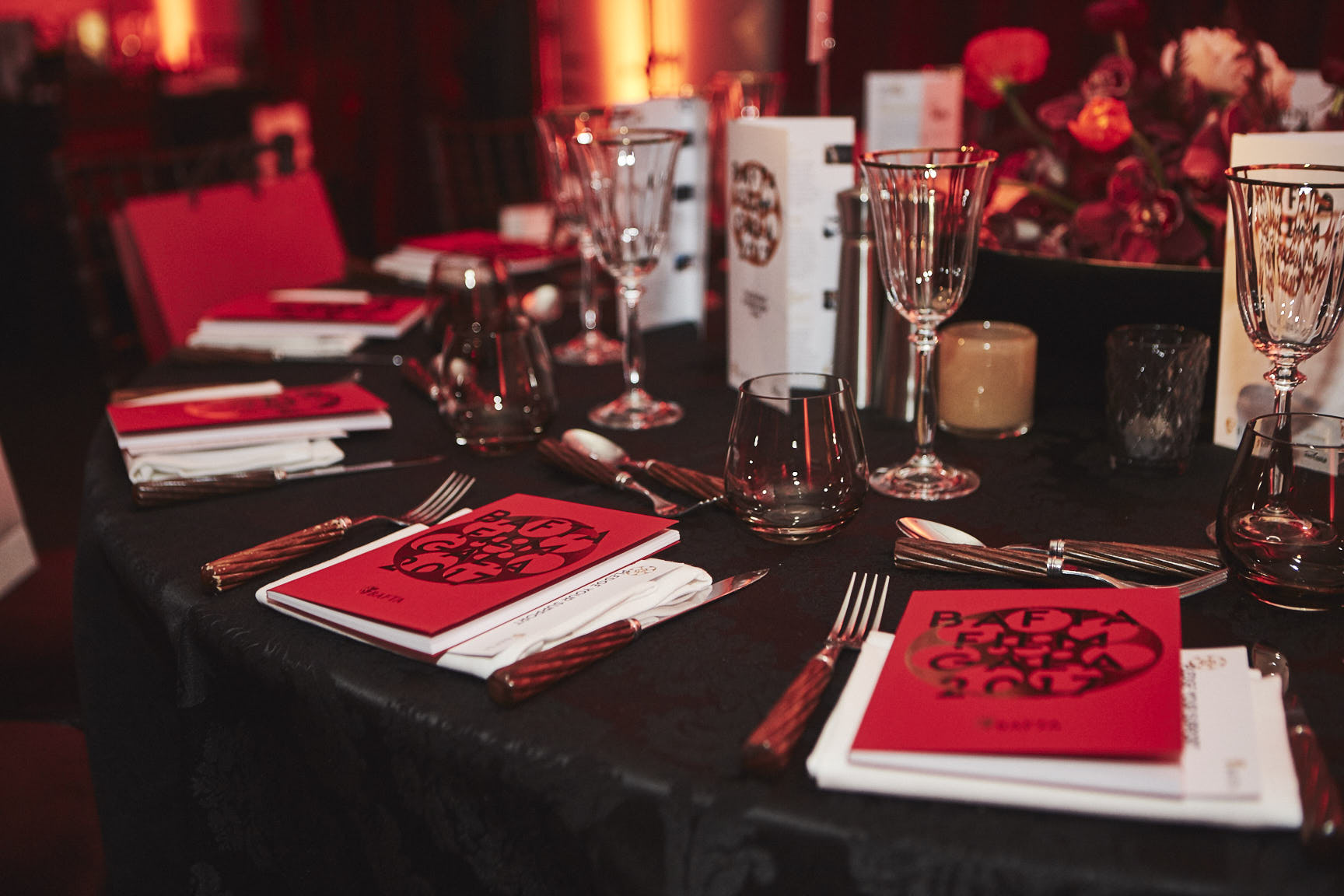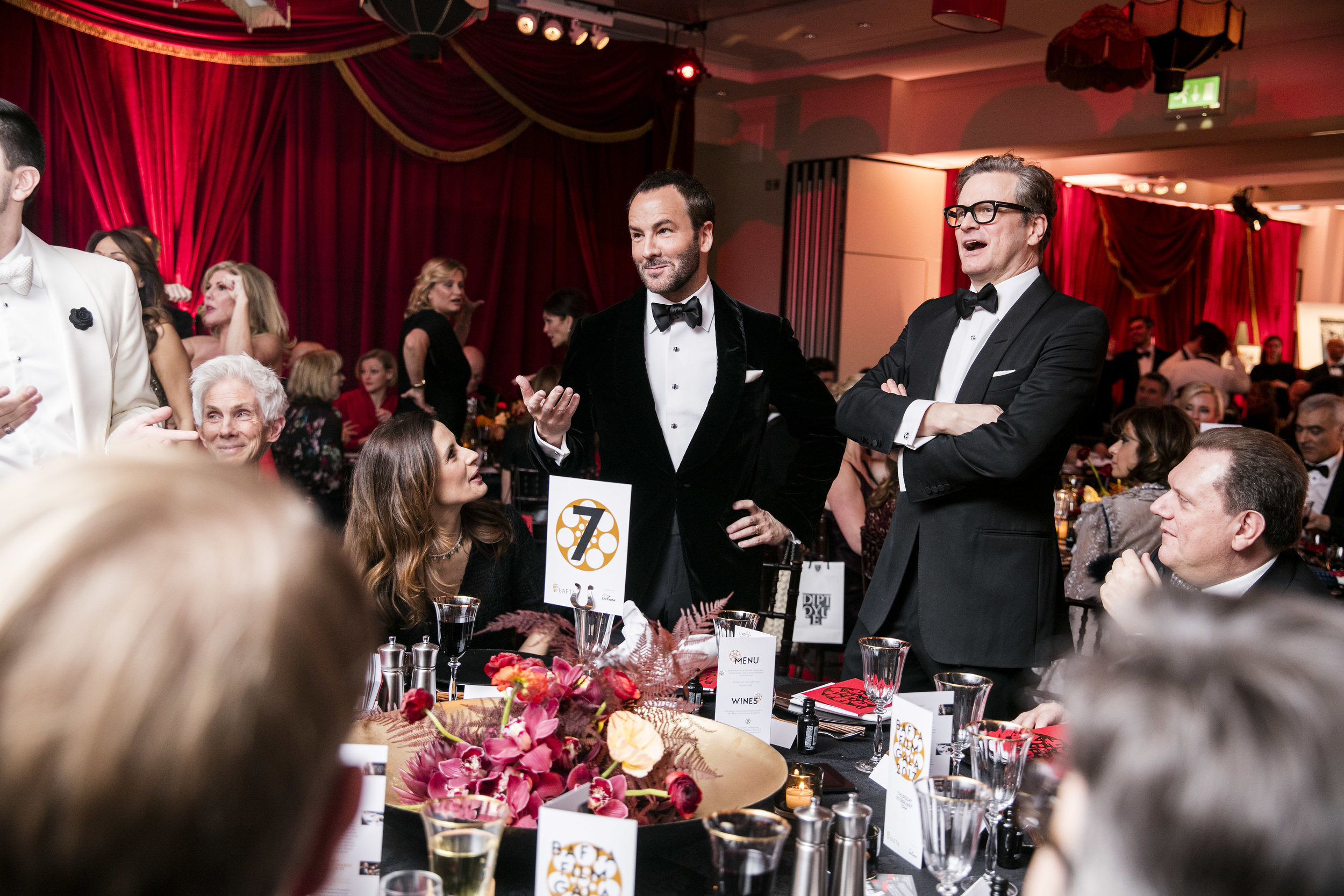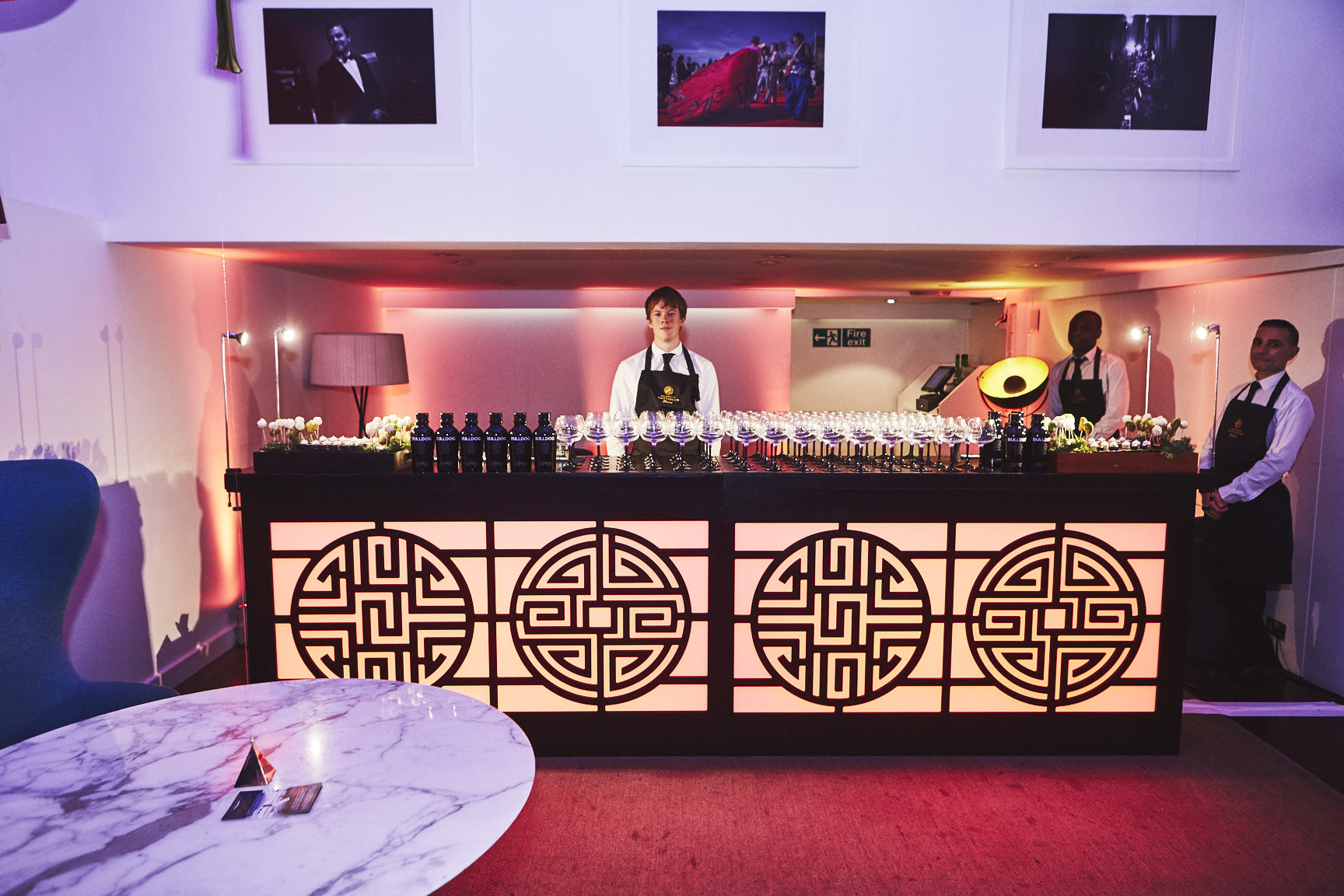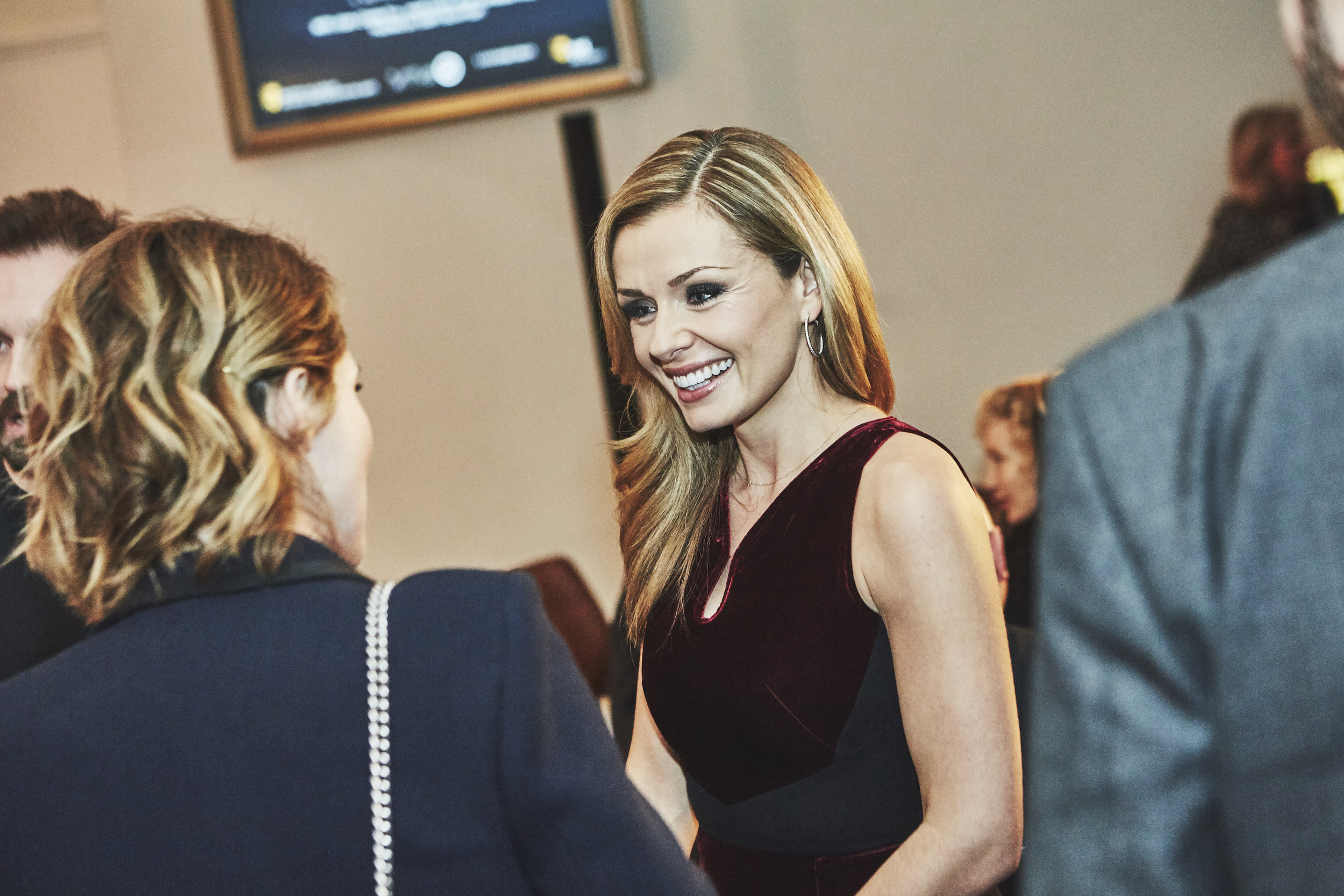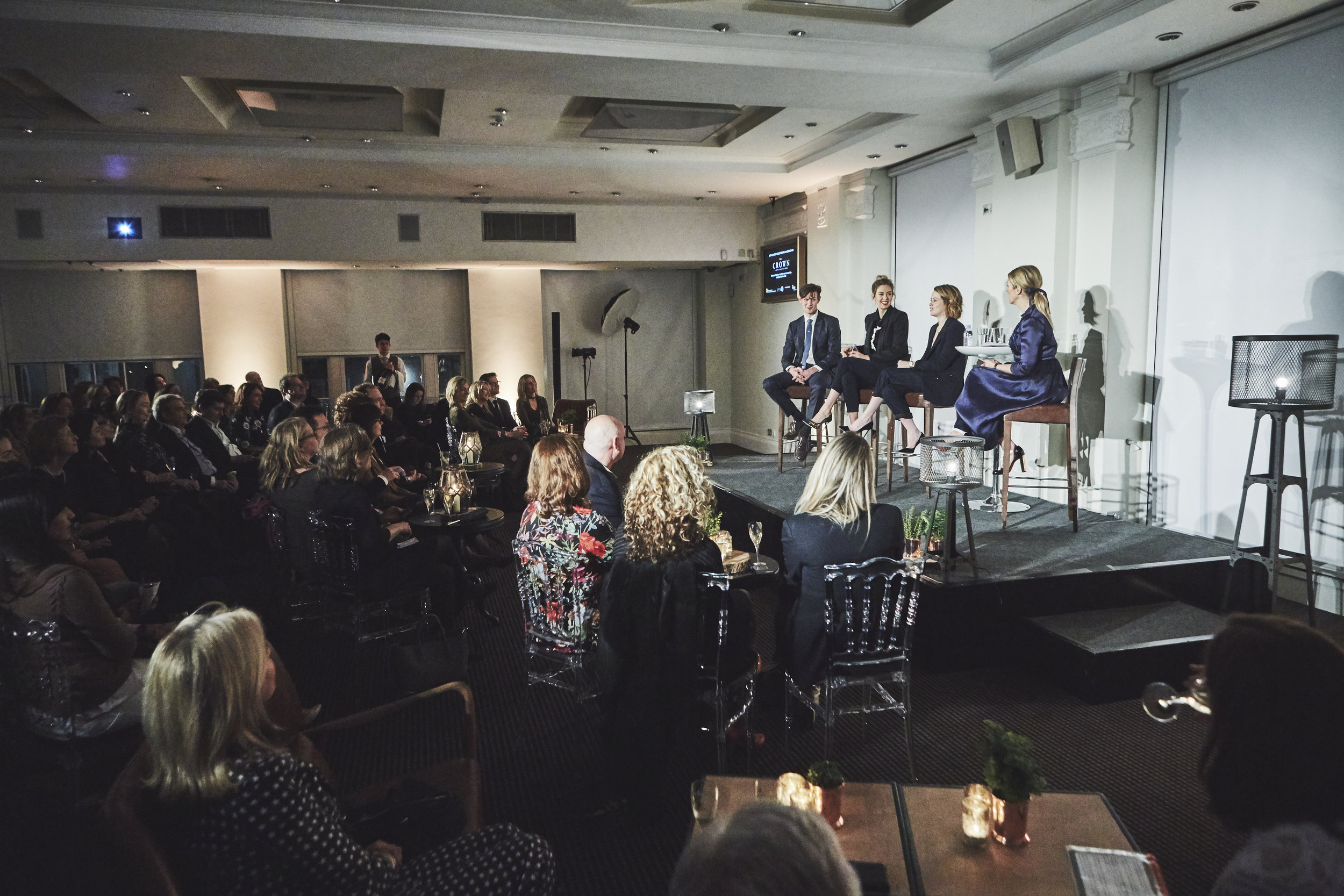Our first post in a few months comes after a very busy start to 2023! One of the areas that we discuss the most with clients is how to keep things fresh and develop new event formats to ensure that their donors and guests avoid event fatigue.
When we work with charities, we’ll often start with an event ideation session to formulate new concepts. Here are some strategies that can help you come up with fresh and creative event ideas:
Brainstorming sessions and other creative thinking techniques
Organise brainstorming sessions or use other tools (such as mind mapping, storyboarding) with staff, volunteers, and stakeholders to generate ideas for events. Create a supportive and inclusive environment where everyone feels encouraged to share their thoughts and suggestions. Capture all ideas, even if they seem unconventional, and evaluate them later.
Needs assessment
Conduct a needs assessment within your target audience or community to identify gaps and opportunities. Survey or interview your beneficiaries, supporters, or other stakeholders to gather insights on their preferences, interests, and needs. Use this feedback to develop event ideas that address those needs.
SWOT Analysis
Conduct a SWOT (Strengths, Weaknesses, Opportunities, and Threats) analysis to identify your organisation's internal strengths and weaknesses, as well as external opportunities and threats. Use this analysis to identify areas where events can leverage strengths and opportunities or address weaknesses and threats.Research
Stay informed about the latest trends, innovations, and best practices in the non-profit and event industries. I’m one of the original founders of the Special Events Forum for the Charity Sector and there’s a wealth of ideas, knowledge/information sharing from within this LinkedIn group. You might want to conduct research online, attend industry conferences or workshops, and engage with other event manager peers to learn about successful event ideas and strategies that can be adapted for your organisation.Collaborations
Collaborate with other non-profits, businesses, or community partners to generate new event ideas. Jointly plan and execute events that align with your mutual goals or interests, and leverage each other's resources, expertise, and networks to create unique and impactful events.Feedback from past events
Evaluate feedback from previous events to gain insights and generate new ideas. Review post-event surveys, collect feedback from attendees, and analyse event data to identify areas for improvement or new event concepts based on what has resonated well with your audience in the past.Engage with your community
Engage with your organisation’s community through social media, online forums, or focus groups to gather feedback and ideas for events. Ask for suggestions and experience from your community members, and use their input to shape your event ideas.Inclusivity and diversity
Embrace inclusivity and diversity in your event planning process. Ensure that diverse perspectives and voices are included, and actively seek input from underrepresented groups to generate event ideas that are inclusive and relevant to a wide range of participants.
Remember that generating new event ideas is an iterative and ongoing process. Keep an open mind, be willing to take risks, and be flexible in adapting and refining your ideas based on feedback and changing circumstances.
With creativity, collaboration, and a focus on your organisation's mission and audience, you can come up with exciting and impactful event ideas to raise all-important funds and awareness for your organisation.
Good luck!
Rebecca x





